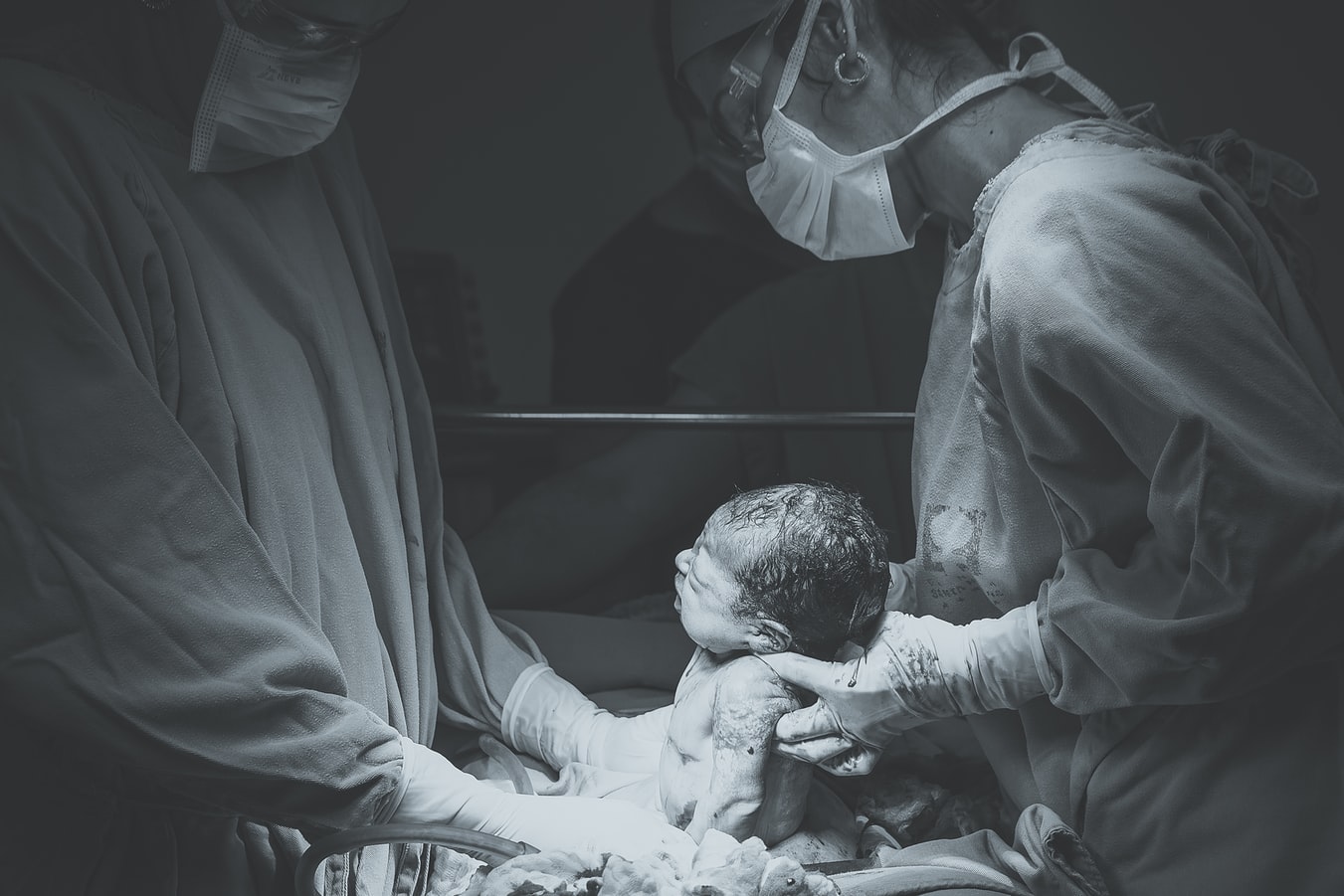Summary
Research shows that specific maternity care models in use today lead to demonstrably higher quality care and improved outcomes. Specifically, there is evidence that midwifery care, care in ‘community birth’ settings (in birth centers and at home), and doula support (which may include prenatal, childbirth, and postpartum periods), center the care experience on birthing people and their families, leading to improved birth outcomes. In addition, community-led perinatal health worker (CPHW) groups are a newer, hybrid model of care emerging as a promising practice, particularly in reducing racial and ethnic inequities. In general, CPHW organizations are established and directed by BIPOC leaders and explicitly aim to meet community needs and priorities- particularly in communities of color. They provide a wide range of services, including in many cases some combination of midwifery care, doula support, and care in community birth settings.
Congress can play an essential role in scaling these successful, high-value models of maternity care, supporting diverse maternity care teams and centering on culturally congruent care, to improve the health of mothers and infants – especially in communities suffering from deep inequities.
Authors: Carol Sakala, Sinsi Hernández-Cancio, Shaina Goodman
Publication Date: February 2021
